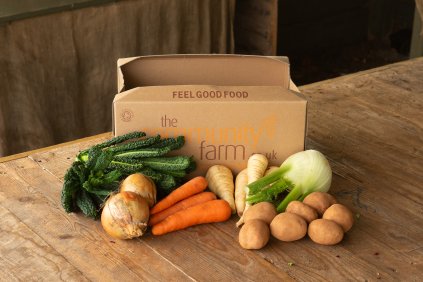Surely we all already know we should be eating more locally produced food. The benefits are as delightfully diverse as the produce on offer, the food is fresher, it boosts the local economy and reduces our environmental impact.
However, if you are anything like me, the prospect of a life without tea, coffee or chocolate can still seem pretty daunting. While there are plenty of alternatives for the dedicated locavore (Cornwall is a veritable cornucopia of caffeine, boasting both tea and coffee plantations!) I would suggest this is not always necessary.Fairtrade
Foreign exchange provides work for millions of people in developing countries. The funds that it produces are vital for improvements to health, education and social services. Sadly there are, of course, always two sides to every story. The issue here is not the trade itself but the way this trade is conducted. Sadly many workers in developing countries are faced with poor wages as well as unstable and unsafe employment.This is where Fairtrade comes in. Fairtrade initiatives enable workers to receive a fair price for their labour. They also work to provide training opportunities; cooperative working or the right to join a union; and better all-round working conditions. In essence Fairtrade seeks to inform and empower disadvantaged workers with regards to their own value in global trade networks and the Fairtrade label points the ethically-minded consumer to the products that uphold these values.
Local produce
Now I am not advocating imported produce per se. The recent 'vegetable crisis’ has dramatically highlighted our dependence on imports of out-of-season vegetables. The key here is the term 'out of season’. Supermarkets have created the illusion of a 'permanent global summertime’ by filling their seductively bright shelves with imported summer squashes and salad vegetables. While currently not in season, these vegetables will be so abundant in the UK later in the year that we struggle to find food banks that are not already full to bursting with courgettes!As a country we are currently only producing around half of what we eat and around 60% of the food we import comes from the EU. Unfortunately, it appears to be a case of 'use it or lose it’. It’s becoming more and more difficult to source local produce as the old infrastructure disappears and farmers, unable to make a living, leave the profession.
The ethical consumer
As always the answer is balance. Try to be a mindful consumer. If we can grow a product locally please do support our struggling farmers. There is no need to import courgettes, broccoli or strawberries (while they are often picture perfect they are pretty bland out of season anyway), they will be back in season soon enough. That said you shouldn’t feel guilty about your morning cup of coffee or a cheeky bar of chocolate – so long as it is Fairtrade it is still doing a world of good.Written by India Langley
Photo credit: Igor Ovsyannykov














